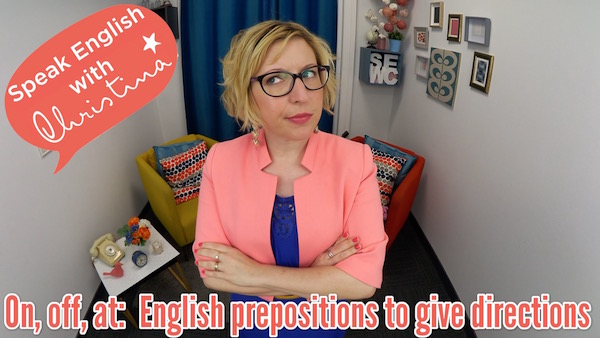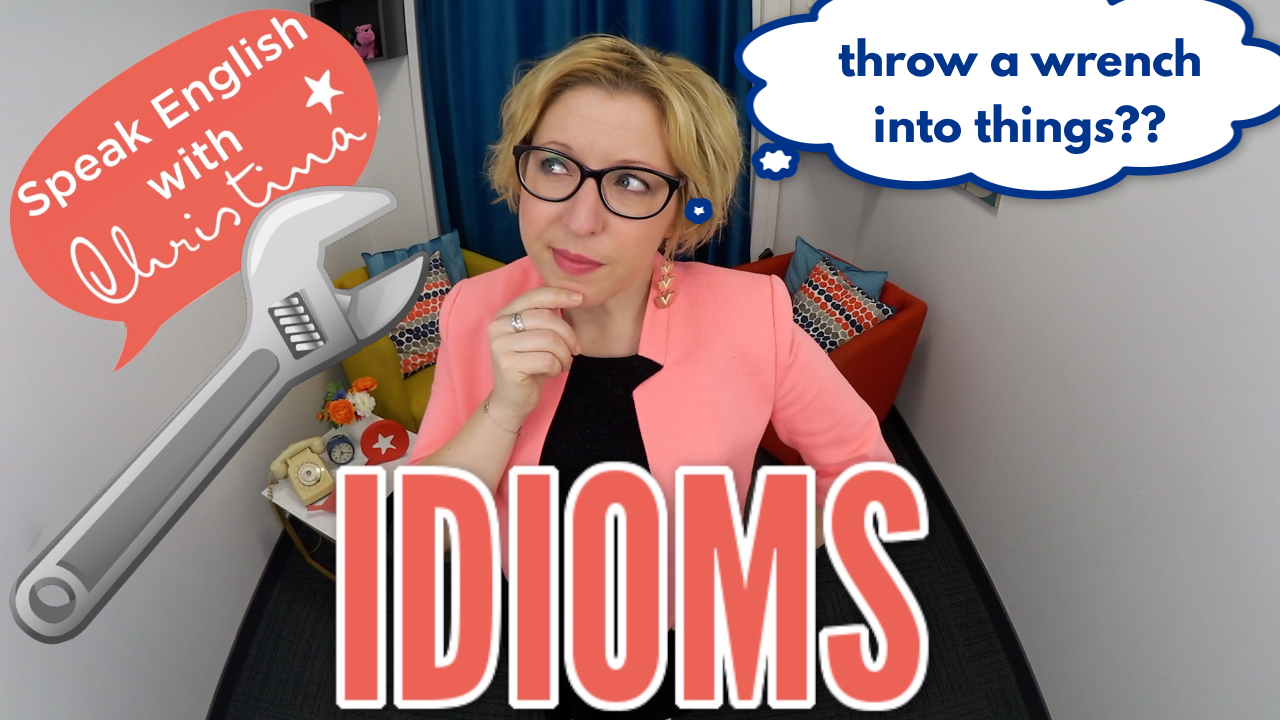
Hi there! I’m your English coach Christina, welcome to Speak English with Christina, where you’ll learn American culture and business know-how to become confident in English.
Here’s a useful English expression for you: “To touch base.” For instance, your boss might tell you: “That seems promising, let’s touch base in a week!” But what does it mean? And how can you use it?
Let me help you! You’ll also find today’s lesson (and many exclusive ones) in “What Was That?” – my new, practical guide to avoid most common English mistakes you will never make anymore!
“Let’s touch base.”
To touch base is an expression that’s very common in a professional setting. I often hear students ask me “What does ‘to touch base’ mean?”, and you might have found this expression before.
Simply, it means “to contact someone.” We touch base to share new information about an ongoing project or issue.
What this expression is not: it is not “to touch basis”, or “to touch bases” in the plural. There’s only one base here! It’s a fixed expression “to touch base.”
Most times, we touch base with someone.
For example:
“Even when the boss is on vacation, she likes to touch base with the staff.”
“Why don’t we touch base in a week, after you talk to the clients?”
“I’ll touch base with you when I’m back from Ireland.”
To touch base on something
By touching base, you’ll communicate together about a common goal!
To refer to that goal, we add “touching base about something”, or more commonly, “touching base on something.”
Most times, we’ll add the topic after talking about who you’re going to touch base with.
For example:
“Do you think we can touch base on our project, today?”
“Can you find some time to touch base on our strategy for next year?”
“Let’s touch base with the boss, about that last report.”
Touch base when?
As you noticed, it’s important to add a deadline or a time projection in your sentence. If you say “let’s touch base” without any time commitment or proposition, it’s like when we say “let’s have coffee some time” : it probably won’t happen!
You should add the time frame after talking about who you’re going to touch base with, but it can be before or after you talk about the topic at hand.
For example:
“Let’s touch base soon! Are you free for a call on Monday?”
Or with a full context:
“The client is going to touch base with us next week about the project specs.” (You’ve already discussed the project, and the client will contact you with more information)
“Do you think we can touch base on the status of our visa next week?” (You’re working with your immigration lawyer, and you want to check next week if she has news about your visa application)
“I’ll touch base in about a month, after we’ve gotten all the customer feedback.” (You’re working on the customer feedback project now. You’ll give a status report in a month)

So, to recap:
– “To touch base” means “to contact someone about a common project.” It’s very useful in a professional setting.
– We say “to touch base with someone, on a topic” – or “about a topic.”
– Add a deadline in your sentence, if you want to get it done.
Your turn, now!
Let’s say a former schoolmate messaged you, to talk about a new company he’d like to start with you. You want to talk about it over a cup of coffee.
Using “to touch base”, how could you answer her?
Write your answer down in the comments!
There are many more mistakes that I want to help you with. That’s why I’ve created a new ebook, “What was that?”: How to correct 50 common mistakes and avoid confusion in American English.
It includes 50 short, easy-to-learn lessons so you correct your common grammar, vocabulary, pronunciation mistakes. It also includes common idiomatic expressions and American culture do’s and don’ts, helpful quizzes to get you remember what you learn, and so much more!
Go to this page and get yours right now!
Thanks for watching Speak English with Christina, and I’ll see you next time!

More good stuff...
Click the image to learn more









OK, Brian. I appreciate your last message. It seems interesting to me so let’s touch base as soon as possible. I’m eager to comment on some aspects of your offer that I think can be improved.
Sincerely.